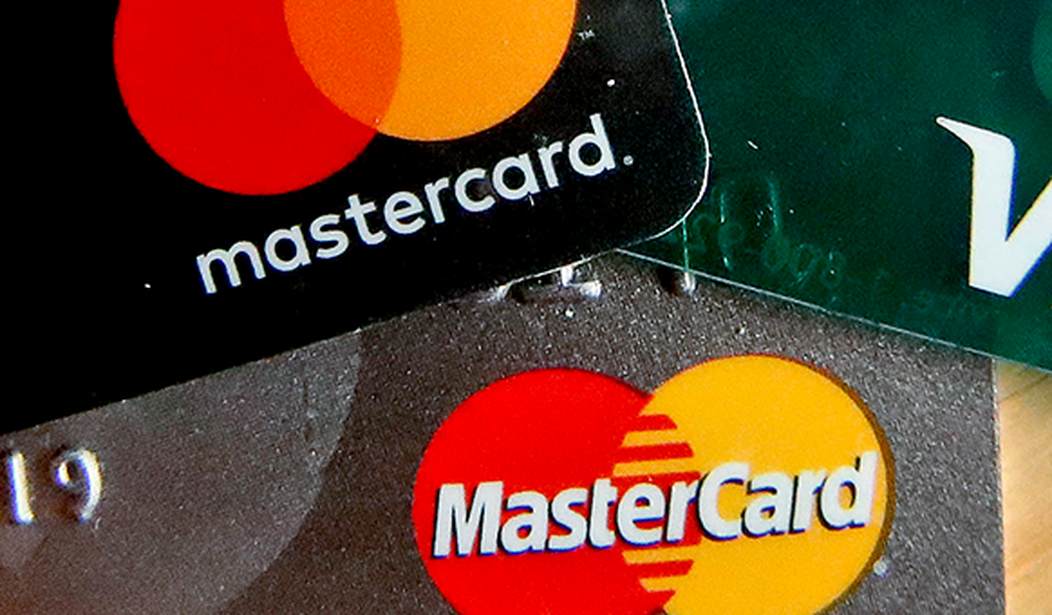Guns aren’t particularly cheap. At least decent ones aren’t. Even “cheap” guns have three digits in their price, which isn’t much for a gun, but it’s not exactly chump change we blow on a day-to-day basis, either.
That’s why many people have used credit cards to buy their guns. They can buy the gun now, then pay it off over time.
This is why many of us have concerns over the merchant code changes being made at these companies.
The Virginia Citizens Defense League lobbies the General Assembly for “good gun rights” and to stop gun control measures, according to Philip Van Cleave, the organization’s president.
“Gun owners are not in the mood for anything that — in any way, shape or form — implies that we’re being monitored, or our rights are attempted to be curtailed,” Van Cleave said.
The code will not be useful for gun control, Van Cleave said.
Virginia Attorney General Jason Miyares joined 23 other attorneys general from across the country in a letter against the new merchant category. Miyares is against the collection and tracking of private data by “big government and big businesses,” his office stated in an email comment.
…
The Giffords Law Center to Prevent Gun Violence, an organization that works to prevent gun violence through legislation, offered research to Amalgamated Bank in the development of the category code. There shouldn’t be “special treatment” for gun stores since the same rules already apply to other businesses, according to Adam Skaggs, chief counsel and policy director at the Giffords Law Center.
This code won’t necessarily lead to any new laws, rather it levels the playing field, Skaggs said. However, it could help detect illegal activities like gun trafficking, according to Skaggs.
Gun rights advocates worry the code may flag, or not be able to distinguish, high-dollar purchases from stores that sell firearms. Van Cleave used the example of a boat purchased from a store that also sells firearms, and voiced concern over the possibility of unnecessary scrutiny.
And yet, there’s absolutely no real response to the scenario Van Cleave presents.
The truth is that the merchant codes cannot look at exactly what is purchased. Someone buying up stuff to take the family camping may drop a lot of money on tents, camp stoves, and other campsite luxuries, then find themselves investigated for gun trafficking because they spent a bunch of money at Bass Pro Shops.
I mean, some of those tents are over $3,000. It’s unlikely people are going to pay cash for something like that, either, so that means credit cards.
Now, can you look at a credit card sale that comes from a store like that and say one way or another if it was a gun sale or a tent sale? What’s the difference between a $4,500 sale of camping and fishing equipment and someone buying 10 Glocks?
From that perspective, there isn’t one.
That means either law enforcement will spend most of their time chasing their tails or else they’ll ignore the data. Either way, the new merchant code won’t stop gun trafficking or, as was initially presented as grounds for this, mass shootings.
The people pushing this know nothing at all about how law-abiding citizens buy guns, how various stores sell guns and other things, and any number of other subjects.
Merchant code changes aren’t going to stop crime. They’re not even going to help the police in any meaningful way.
The best-case scenario here is that it will accomplish nothing.







Join the conversation as a VIP Member